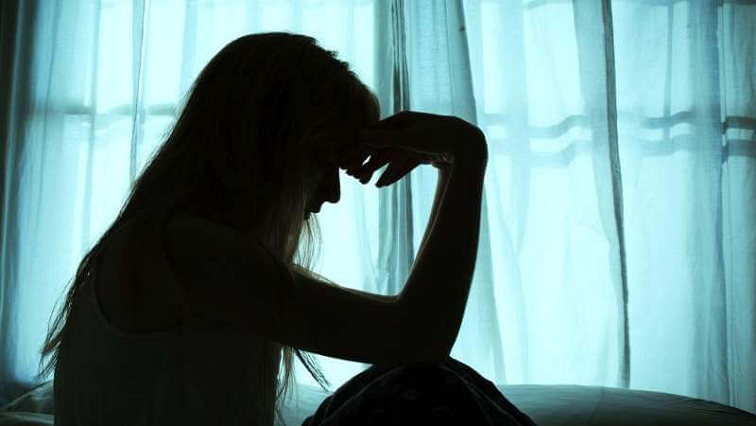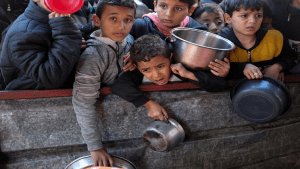COVID-19 is impacting the well-being of children. Not only are children being infected with the virus, but the disease is also affecting their psychological well-being.
Experts say many children are developing anxieties and depression after losing parents and relatives to the virus.
“After a while, they called me to say he had died…I was bad…(crying)…I was not coping, I was with my daughter, it was the two of us in the house…We sat crying…It was bad…Because I did not see any symptoms maybe I could have done something.”
A 53-year-old Soweto mother – reliving the moment she received news from the hospital that her husband of 22-years, had passed away due to COVID-19 complications.
Last year, the family cut short their Christmas Day celebrations to rush him to hospital after he experienced trouble breathing.
Sitting next to her on a couch in their Soweto home, her 13-year-old daughter fights back tears – her head bowed – staring at her hands while nervously wringing her hands. The mother says since her husband’s death, her daughter has been unwell and she had to take her out of school as she could not cope with their loss.
“My daughter is not OK, because she was very close with her father…very close. This thing has even affected her schooling. The school called me to tell me my daughter was not OK. They arranged counselling for her but still, she is not well. She is currently studying from home.”
Psycho-social experts say children are becoming increasingly anxious and depressed as they witness their parents and loved ones dying from COVID-19.
The Teddy Bear Clinic’s Shaheda Omar says since March this year, they are seeing an increase of 10% in children who are directly affected by the virus.
“We are seeing an increase of children who are now symptomatic and are getting quite ill. This is also compounded by their fears because they are not actually quite sure what is going to happen to them. And of course, the fear, and uncertainty around the future is something that would impact their well-being and of course their recovery.”
Omar says with many children finding it hard to process what is happening around them, there’s a need for intervention – including psycho-social intervention. But parents and educators must be empowered to respond promptly.
“We are facing another pandemic. A pandemic of the future generation suffering from post-traumatic stress disorder. But even internal disorders such as depression, suicide. So, I think we need to take heed of this as a matter of grave urgency of what children are facing and the necessary interventions and responses that are required on the ground.”
Discussion on COVID-19 impact on children:
The National Institute of Communicable Diseases (NICD) says South Africa has technically entered the third-wave of the pandemic. This comes as the seven-day average of almost 6 000 cases exceeds the threshold set by the Health Department.
Professor of Vaccinology from Wits University, Shabir Madhi, says the blame should also be placed on government’s failure to timeously roll out vaccines to high-risk individuals.
“So this is as much about citizens as it is about failure. It’s about failure by us being active in terms of when we got the COVID-19 vaccines into the arms of people. It is about some poor decision making which I still believe as an example with the AstraZeneca vaccine, and in fact, there’s now strong evidence to show that had we used AstraZeneca vaccine and top it up with the Pfizer vaccine we probably would have had better immune response… so we decided to throw these vaccines away and this has come at a cost.”
Madhi says as the virus becomes more infectious, children, just like adults – are more likely to be infected with the virus.
Third-wave hits Gauteng province, as concern rises over pace of vaccination:






